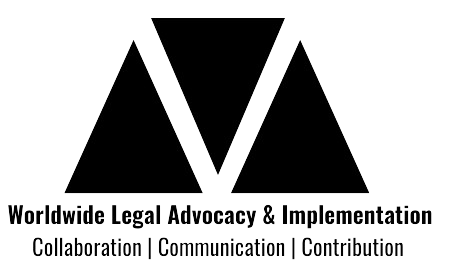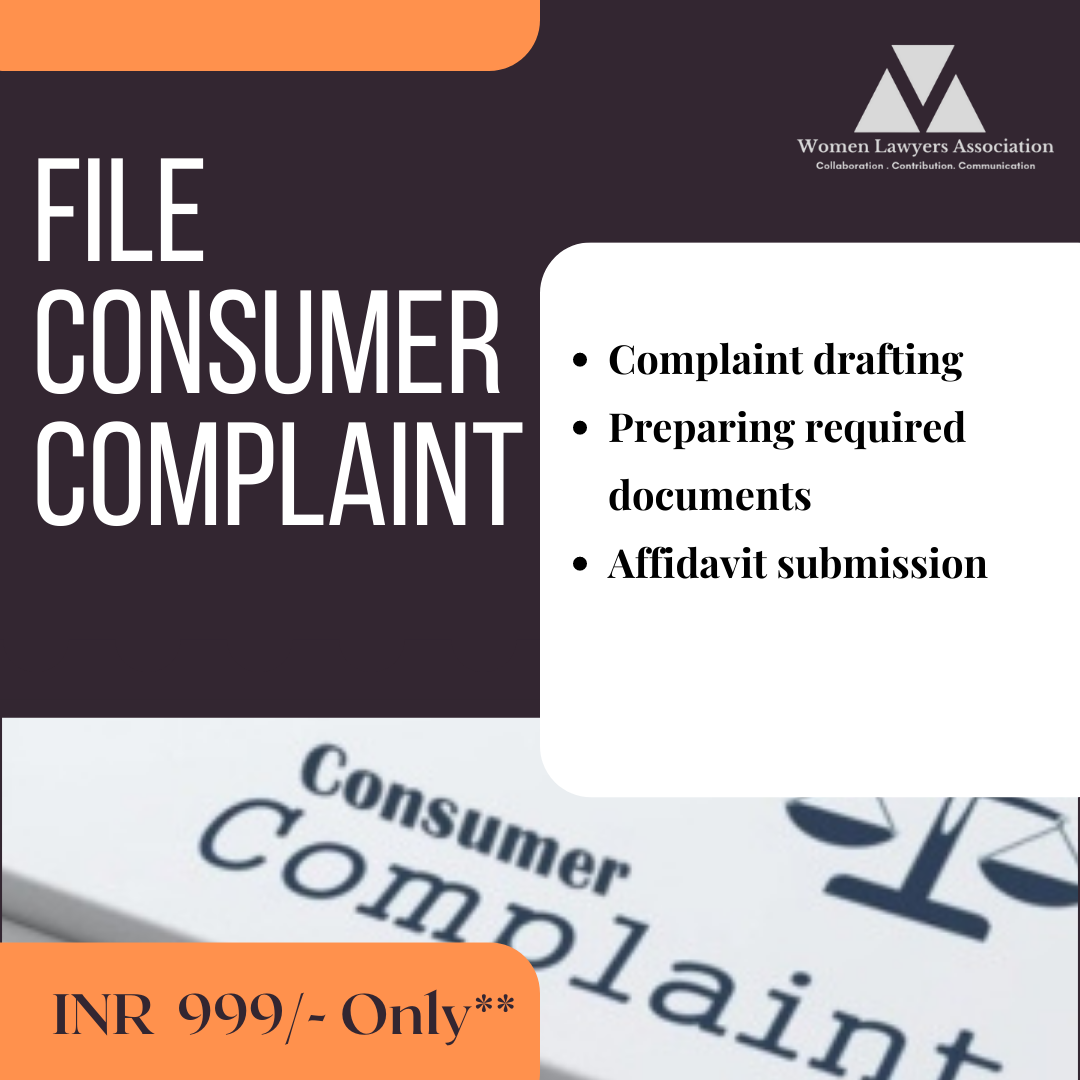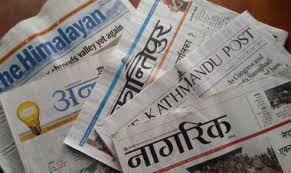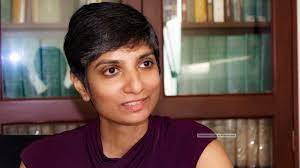Subtotal: ₹ 0
Menaka Guruswamy exudes a quiet confidence that can only be found in a woman comfortable in her own skin. When she enters a room, she commands attention without overpowering those around her. In her New Delhi office, she proudly displays the collected works of Dr. Bhimrao Ambedkar, a recent gift, alongside a photograph of Pandit Jawaharlal Nehru. These two men serve as a great source of inspiration for her, and their life's work strengthens her resolve. It is this passion and admiration that have propelled her to become one of the leading constitutional lawyers not only in her country but also globally. Menaka Guruswamy is driven to take on cases that compel society to revisit and defend the Constitution. While her involvement in the landmark victory that struck down Section 377 is notable, as it marked the decriminalization of homosexuality in India, it would be unfair to define her solely based on this achievement.
She carries her numerous accomplishments with humility. As a senior advocate at the Supreme Court of India, a B.R. Ambedkar Research Scholar, and a lecturer at Columbia Law School, she has made significant contributions in her field. Her expertise has been sought after by prestigious institutions such as Yale Law School, New York University School of Law, and the University of Toronto School of Law, where she has served as visiting faculty. Alongside these notable roles, she has successfully handled a multitude of landmark cases, including the bureaucratic reforms case, the infamous AgustaWestland case, the Salwa Judum case, and the Right to Education legal battle, among others. Notably, she has also served as amicus curiae with the Supreme Court in a significant case involving alleged extrajudicial killings in Manipur, resulting in the Central Bureau of Investigation (CBI) filing 41 first-person reports (FIRs) against security personnel—a groundbreaking development. In addition to her legal achievements, she has worked as an advisor with esteemed organizations such as the United Nations Development Fund and the United Nations Children's Fund (UNICEF) in New York and South Sudan, focusing on international human rights law. Her involvement in Nepal's constitution-making process further exemplifies her commitment to advancing legal frameworks beyond her home country.











My first comment